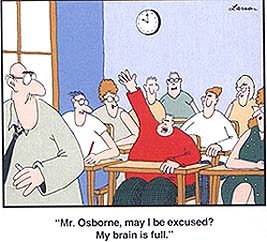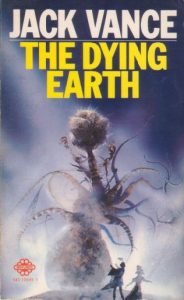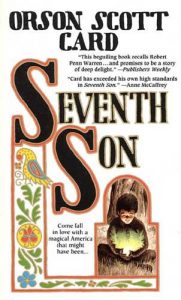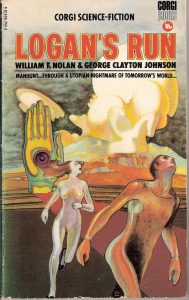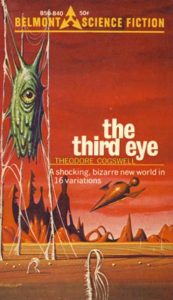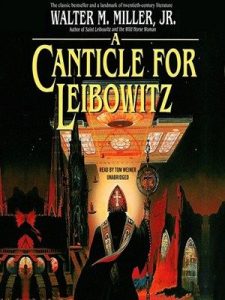DIALECTICAL JOURNALS
The term ‘Dialectic’ means “the art or practice of arriving at the truth by using conversation involving question and answer.”
Think of your dialectical journal as a series of conversations with the texts that we read during this course. The process is meant to help you develop a better understanding of the texts that we read. Use your journal to incorporate your personal responses to the texts, your thoughts about the themes we cover and our class discussions. You will find that it is a useful way to process what you are reading and a way of preparing yourself for group discussion.
PROCEDURE
As you read, choose passages that stand out to you and record them in the left-hand column of a T-chart (ALWAYS include page numbers)
In the right column, write your response to the text (ideas/insights, questions, reflections, and comments on each passage).
If you choose, you can label your responses using the following codes:
(Q) Question – ask about something in the passage that is unclear
(C) Connect – make a connection to your life, the world, or another text
(P) Predict – anticipate what will occur based on what’s in the passage
(CL) Clarify – answer earlier questions or confirm/discount a prediction
(R) Reflect – think greatly about what the passage means in a broad sense – not just to the characters in the story. What conclusions can you draw about the author’s reflections on the world, on human nature, or just on the way things work?
(E) Evaluate – make a judgment about the character(s), their actions, or what the author is saying.
Complete journal entries for at least five passages each week. The quality of your responses may be when calculating your grade.
Sample Dialectical Journal entries: To Kill a Mockingbird by Harper Lee
Passages from the text Response (pg 10)
“So Simon, having forgotten his teacher’s dictum on the possession of human chattels, bought three slaves…”
The author appears to be commenting on the hypocrisy of her ancestors and perhaps of other Southerners in the USA.
It was wrong to put on “gold and costly apparel,” but it was fine to own slaves.
(R) (pg 11)
“…bony mules hitched to Hoover carts…”
What is a Hoover cart? Could this be named after President Herbert Hoover, such as the Hoovervilles were?
(Q) Found the answer on the Internet: A Hoover cart is an automobile where the front is cut off and the back part is hitched to a horse mule that pulls it. Many people during the Depression could not afford petrol.
(pg 12)
“Our mother died when I was two…I did not miss her, but I think Jem did…”

